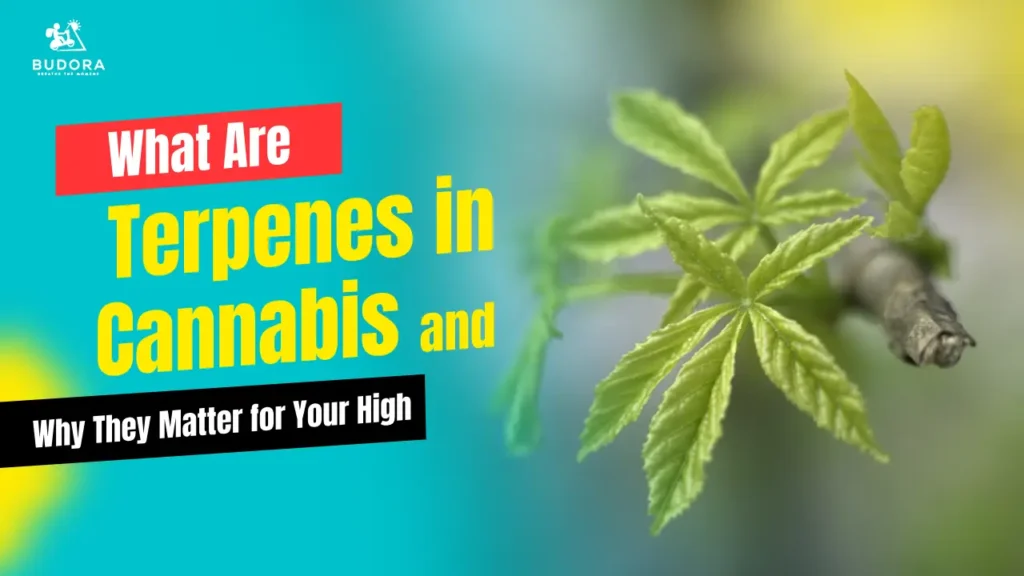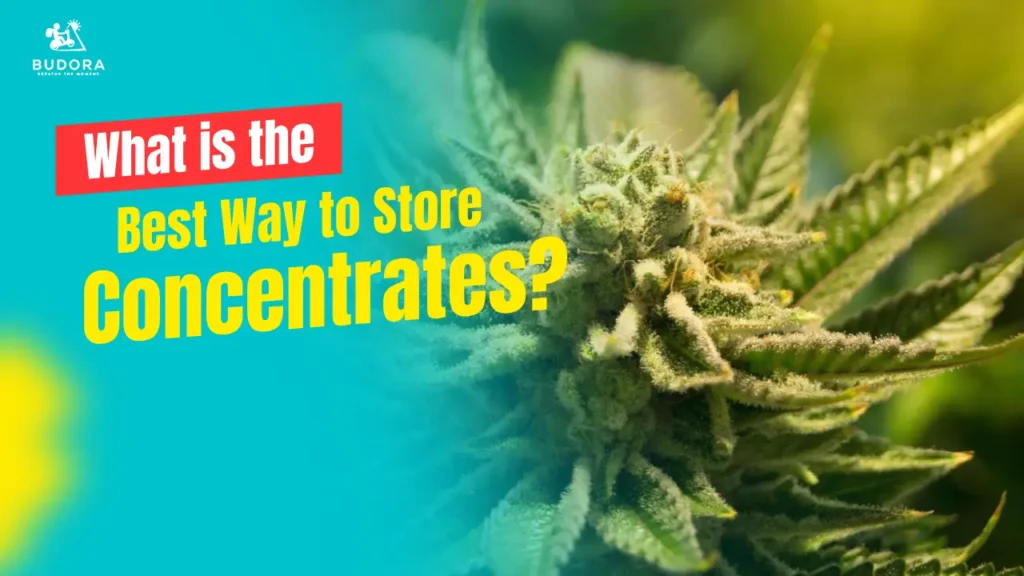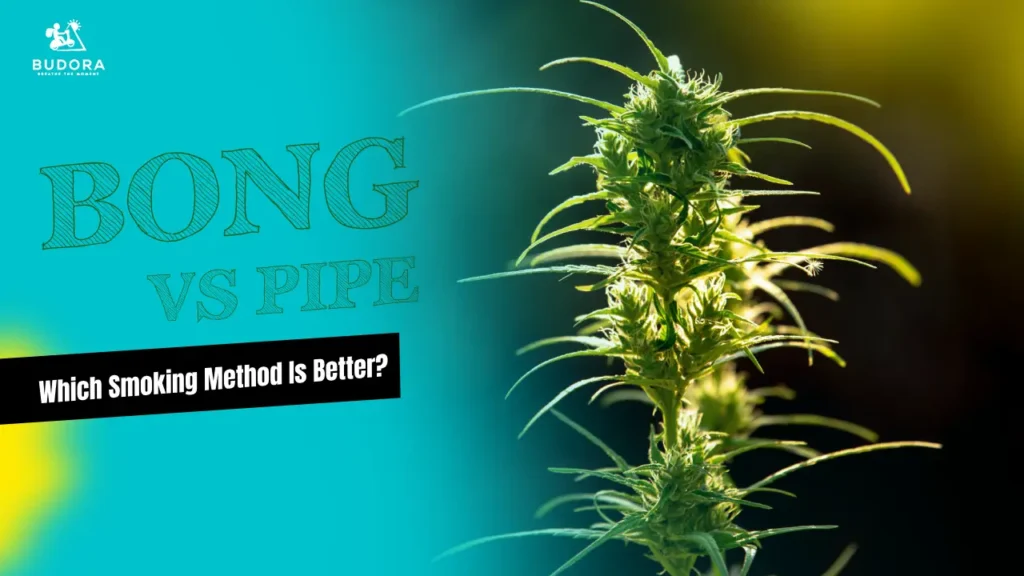Blog
Cannabis and Appetite: Managing Munchies or Boosting Hunger
- Budora Team
- No Comments
- Cannabis WeedBlogs


Ever notice how cannabis can make you crave snacks, yet sometimes it seems to suppress your appetite? This isn’t a coincidence — cannabis interacts with your body in complex ways, influencing hunger, metabolism, and even taste perception. In this guide, we’ll explore how cannabis affects appetite, why it triggers munchies in some situations, and practical ways to manage or leverage this effect.
Key Insights
- THC stimulates appetite: Activates brain receptors, often causing the “munchies.”
- CBD and terpenes: Can help balance or moderate cravings, influencing hunger in different ways.
- Method and timing matter: Smoking, vaping, or edibles affect how quickly and how long appetite changes.
- Practical strategies: Mindful snacking and hydration help manage or enhance appetite effectively.
How Cannabis Influences Appetite
Cannabis affects hunger mainly through compounds called cannabinoids. THC, the primary psychoactive ingredient, interacts with your body’s natural appetite-regulating system, which controls when you feel hungry and how appealing food seems. Indica strains are often associated with relaxing effects that can intensify the “munchies,” while Sativa strains may provide a more energizing experience that can subtly influence appetite in different ways.
- THC and Hunger Activation: THC can enhance the brain’s reward system, making food smell, taste, and look more appealing. That’s why you might reach for a snack even if you weren’t hungry before.
- CBD and Appetite Control: Unlike THC, CBD can have a balancing effect. Some users report reduced appetite or controlled cravings, showing that not all cannabis products produce the same hunger response.
- Individual Differences: Genetics, metabolism, tolerance, and method of consumption (smoking, vaping, edibles) can all influence how cannabis impacts appetite.
Why Does Weed Make You Hungry?
THC, cannabis’s main compound, interacts with the endocannabinoid system, which controls hunger and appetite. It can:
- Trigger hunger signals in the brain
- Boost ghrelin, the “hunger hormone”
- Enhance taste and smell, making food more appealing
Strain type also matters—Indica often stimulates appetite more, while Sativa effects can vary. Knowing this helps you enjoy cannabis without overdoing the munchies.
Cannabis and Nutritional Choices
- Users often prefer high-fat, sweet, or salty foods.
- THC may amplify flavor perception, making simple foods feel more indulgent.
- Knowing these patterns helps manage snacking, either to indulge responsibly or substitute with healthier options.
- Prepare fruit, nuts, or protein-rich snacks before cannabis consumption.
- Incorporate fiber and water-rich foods to feel fuller and avoid excessive calorie intake.
- Experiment with low-sugar, flavorful alternatives to satisfy cravings without overdoing indulgence.
Managing the Munchies
Tips for Boosting Appetite
For those who need to increase their appetite, such as patients recovering from illness or those with low appetite, cannabis can be a useful tool:
- Choose THC-dominant strains or products.
- Offer nutrient-rich, palatable snacks to take advantage of increased hunger.
- Consume cannabis at times when you want to stimulate appetite, such as before meals.
- Focus on the sensory experience — pairing cannabis with visually appealing and aromatic foods can enhance appetite further.
Tips for Controlling Excess Hunger
If you want to enjoy cannabis without overeating:
- Keep healthy snacks readily available to replace high-calorie junk foods.
- Stay hydrated to prevent mistaking thirst for hunger.
- Use lower THC or balanced CBD products to reduce extreme hunger signals.
- Be mindful: pause and ask if you are truly hungry before eating.
The Role of Terpenes in Appetite
Cannabis is more than THC and CBD. Terpenes, the aromatic compounds in cannabis, also influence appetite and food preferences.
- Myrcene: Often found in relaxing strains, it can amplify the “couch-lock” effect and make food more appealing.
- Limonene: Associated with mood enhancement; may reduce stress-related cravings rather than increase appetite.
- Pinene: Can promote alertness, potentially reducing mindless snacking.
Understanding terpene profiles allows users or businesses to predict or control the appetite effects of a strain.
Why Cannabis Affects Food Choices
Cannabis doesn’t just increase hunger — it often changes what we want to eat. People tend to crave high-fat, high-sugar foods when under the influence. This is because THC can heighten the brain’s pleasure response to certain flavors, making comfort foods irresistible. By understanding this, users and businesses can anticipate cravings and make healthier or more strategic choices.
Final Thoughts
Cannabis can be both a tool and a challenge when it comes to appetite. By understanding how different cannabinoids work, users can enhance or manage their hunger effectively. Whether for wellness, therapeutic purposes, or simply enjoying the experience responsibly, knowledge is power — and Budora is here to guide the way.
FAQs About Cannabis and Appetite
Does cannabis always make you hungry?
No — the effect depends on THC levels, individual biology, and method of consumption.
Can CBD help control cravings?
Yes, CBD can sometimes reduce appetite, though effects vary by person.
How can I enjoy cannabis without overeating?
Plan healthy snacks, stay hydrated, and choose products with balanced THC/CBD.
Can cannabis help people with appetite loss?
Yes, for individuals with low appetite or certain medical conditions, THC can stimulate hunger safely.
Why do I crave sweets after using cannabis?
THC enhances the brain’s reward response, making sweet and fatty foods more appealing.
Like this article?

Budora Team
OTHER ARTICLES YOU MAY LIKE




